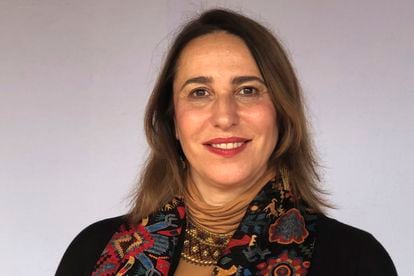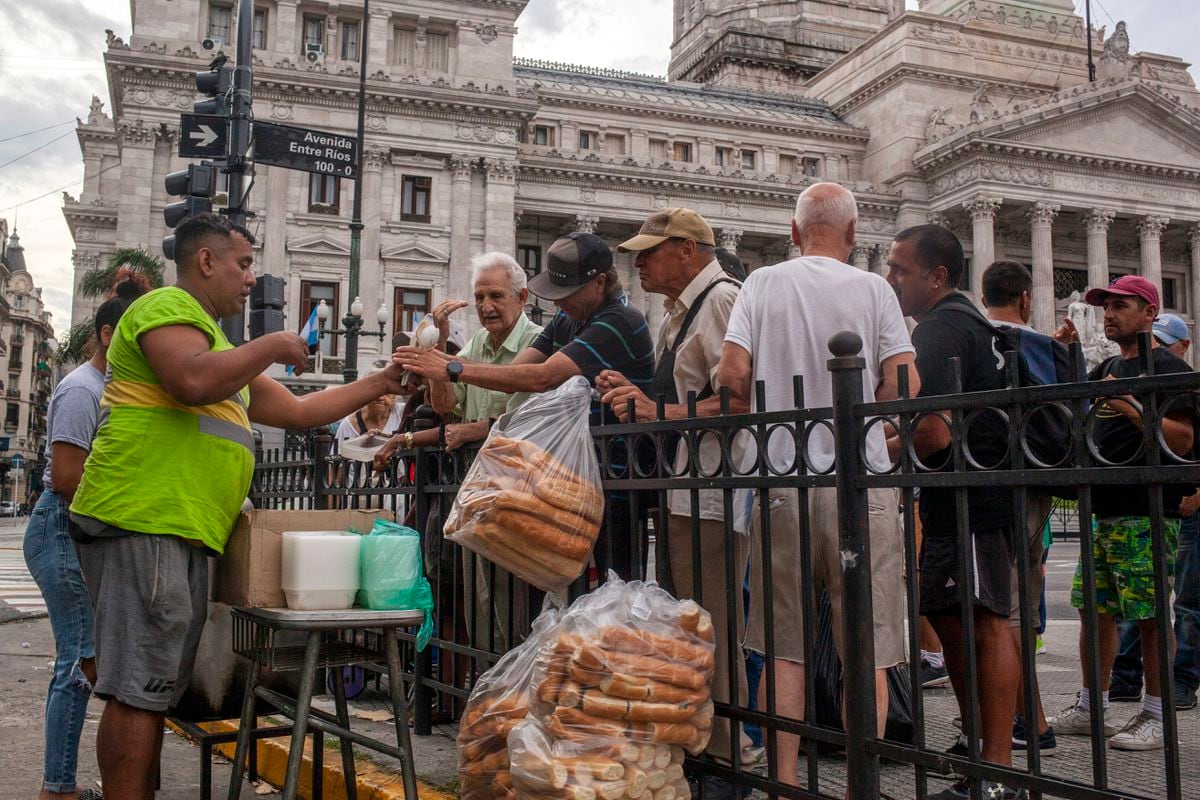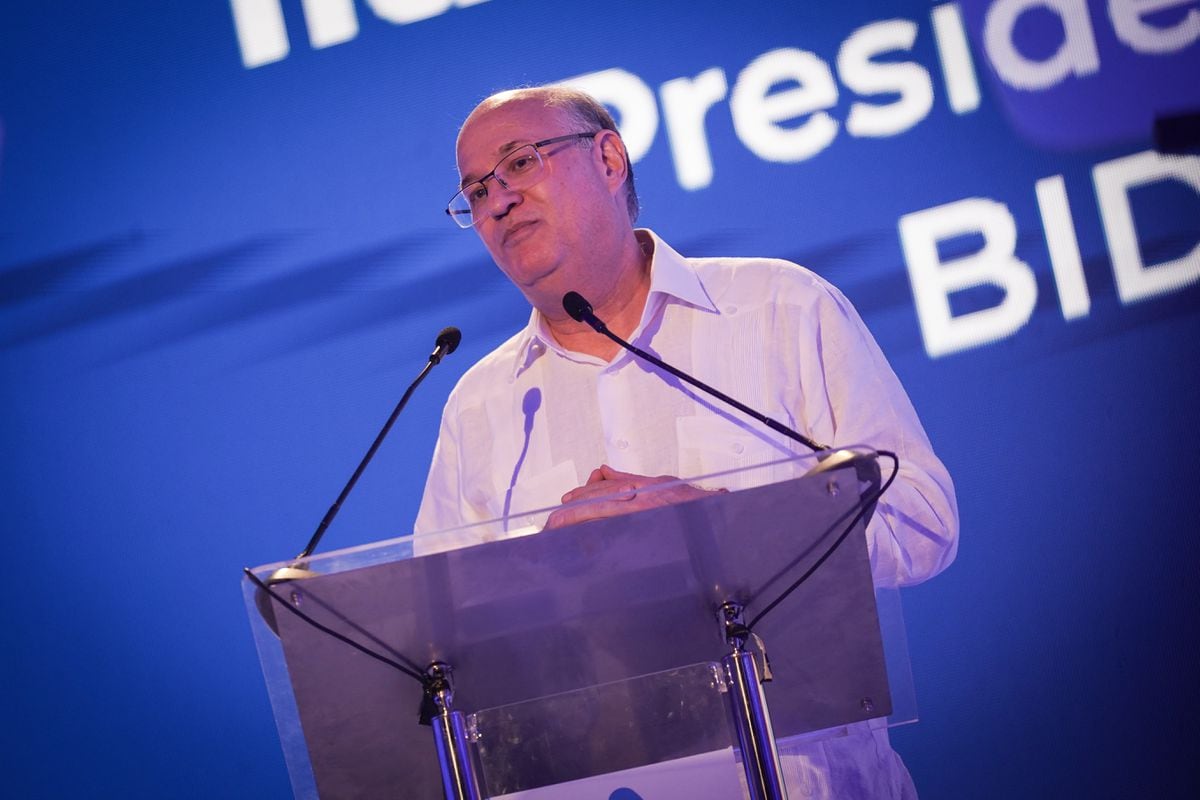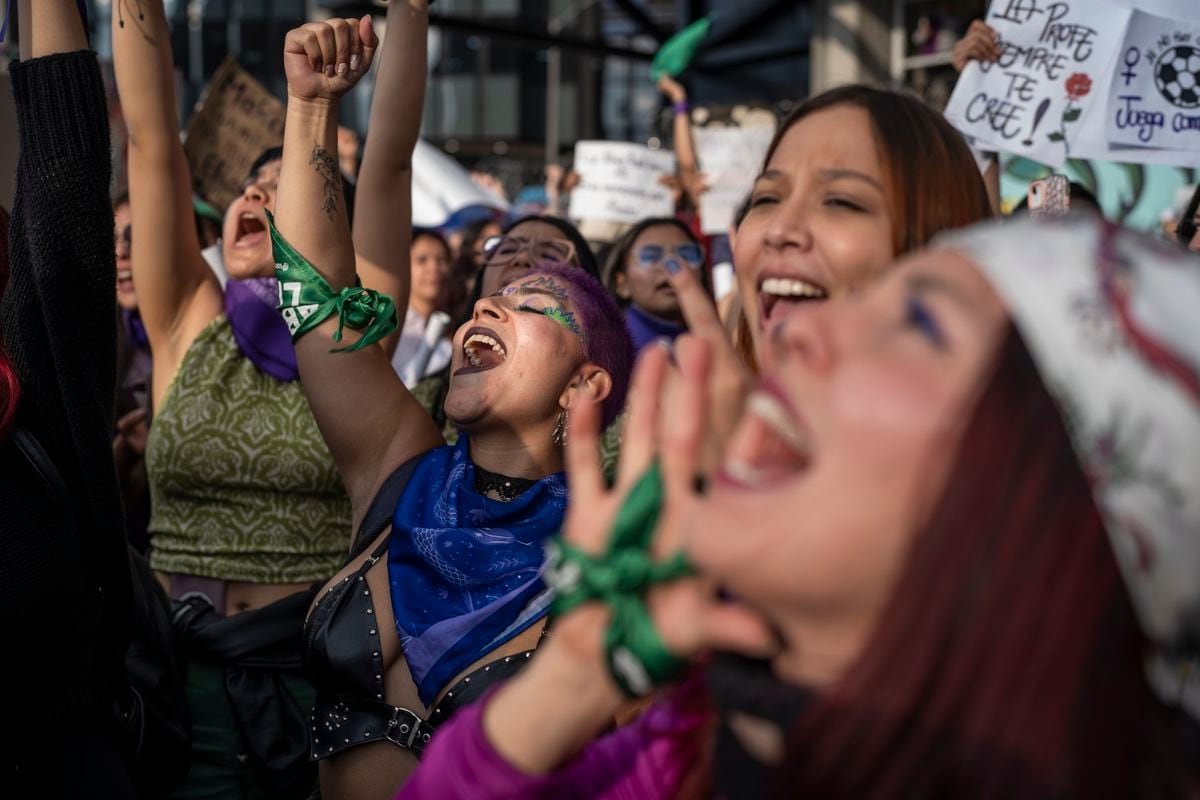A worker applies a vaccine against covid in the municipality of Autazes, in the Brazilian Amazon.Raphael Alves / EFE
More than a year after the start of the pandemic, at least 60 million people have been infected in America and almost 1.5 million have died from covid-19, according to official figures. The virus has not distinguished borders, from the rich countries of the global north to the emerging giants and the poorest and most lagging island territories. But vaccination does. While the United States establishes itself by far as the country with the most immunizations, Latin America concentrates around 30% of world deaths, but less than 10% of the doses applied. "Access to vaccines uncovers inequality in the most unequal region in the world," says Soledad García Muñoz (Arenas de San Pedro, 1969), head of the Office of the Special Rapporteur on Economic, Social, Cultural and Environmental Rights (Redesca).
The office, opened only in 2017 by the Inter-American Commission on Human Rights (IACHR), has had to assume with the arrival of the virus the diagnosis of a continent that seems to have seen everything in just over 12 months: the shortage of medicines and supplies crucial factors, corruption in the distribution of injections, the increase in poverty and the recurrent violation of fundamental guarantees. "The crisis we are experiencing is unprecedented and is health, economic and social," says García Muñoz in a telephone interview.
At the beginning of April, Redesca and the IACHR issued a resolution to promote the equitable distribution of vaccines in 35 countries of the continent and that urges their governments to recognize vaccination as a basic human right.
A document that concerns, due to the international commitments of each State, both Paraguay, which has applied less than 100,000 doses, and Chile, the most advanced Latin American country with respect to the size of its population.
On the inequality map, Caribbean countries such as Saint Kitts and Nevis have applied just under 11,500 vaccines;
Dominica, 18,400, and Saint Lucia, about 24,000 doses.
Soledad García Muñoz, Special Rapporteur on Economic, Social, Cultural and Environmental Rights of the IACHR, in a file image Montserrat Boix / CREATIVE COMMONS
García Muñoz cites inequalities of origin as one of the main factors to explain the differences between and within countries in vaccination, but in between there are variables such as geopolitics, corruption, and isolationist and nationalist positions. "People in greatest need are often also the last in line," laments the Spanish-Argentine lawyer. For a sample, nine out of ten people in poor countries will not have access to any vaccine against covid in 2021, warns the Organization of American States.
This map of inequality has several hot spots identified by the IACHR, marked by a range of chiaroscuro in the response to the pandemic. "For example, the politicization and opacity of vaccination processes, as occurs in Venezuela, where access to vaccines is determined by political membership," warns the rapporteur. In Nicaragua and Venezuela, he comments, "the situation of people who work in the health sector is critical" due to the shortage of doses and personal protective equipment. "In most of the region, the vaccination rate is too slow, which is especially worrying in a country of continental dimensions like Brazil, with the highest number of infections and deaths after the United States," adds García Muñoz.
The impact of the pandemic on the continent has also been around the world due to the efforts and public statements of various leaders, such as Donald Trump in the United States, Jair Bolsonaro in Brazil or Andrés Manuel López Obrador in Mexico. And more and more voices are calling for international courts to rule on the responses and denial of the health crisis by various governments. "It is a debate that is very much on the agenda of civil society and academia," he says. How would this look like? At least in the inter-American system, one could not speak of “crimes” with “first and last names”, but rather of “international responsibilities” with appeals to the States. There would be talk of changes and revisions that Brazil would have to promote, with all its institutions, for example.
Those indicated are not only politicians, but also the private sector. "This moment is historic for the role of companies, mainly pharmaceutical companies," says García Muñoz, "it is becoming more and more urgent for companies to take the issue of human rights seriously." The opacity in the contracts signed and the prices agreed to send antigens, the reluctance not to share patents and the supply problems that have caused delays continue to target the main laboratories.
In a horizon that has revealed the best and the worst of human values, García Muñoz confesses optimistic.
"We are facing a historical and critical situation to change things in favor of humanity on the planet," he says.
Vaccines are emerging as the most viable way out, but if implementation continues to be uneven, the problems will become increasingly serious.
"If we don't do it together, we won't go out," he insists.
From their perspective, the determining variable will be to put human rights at the center of the response.
"A deep rethinking is needed in the way we live as societies," he says, "to the extent that our region is able to develop a more empathetic, more caring, more appreciative of human dignity, there is hope."
Subscribe here
to the
newsletter
of EL PAÍS México and receive all the informative keys of the current situation of this country






/cloudfront-eu-central-1.images.arcpublishing.com/prisa/EMYXC3EVHNEG3OJHGIQCB2IVYA.jpg)
/cloudfront-eu-central-1.images.arcpublishing.com/prisa/PCE7NMB26ZDVRIQX2R26JSNH6A.jpg)
/cloudfront-eu-central-1.images.arcpublishing.com/prisa/GSAG3AFDE5GZ7CR5RU42LT63UM.jpg)



/cloudfront-eu-central-1.images.arcpublishing.com/prisa/KMEYMJKESBAZBE4MRBAM4TGHIQ.jpg)


